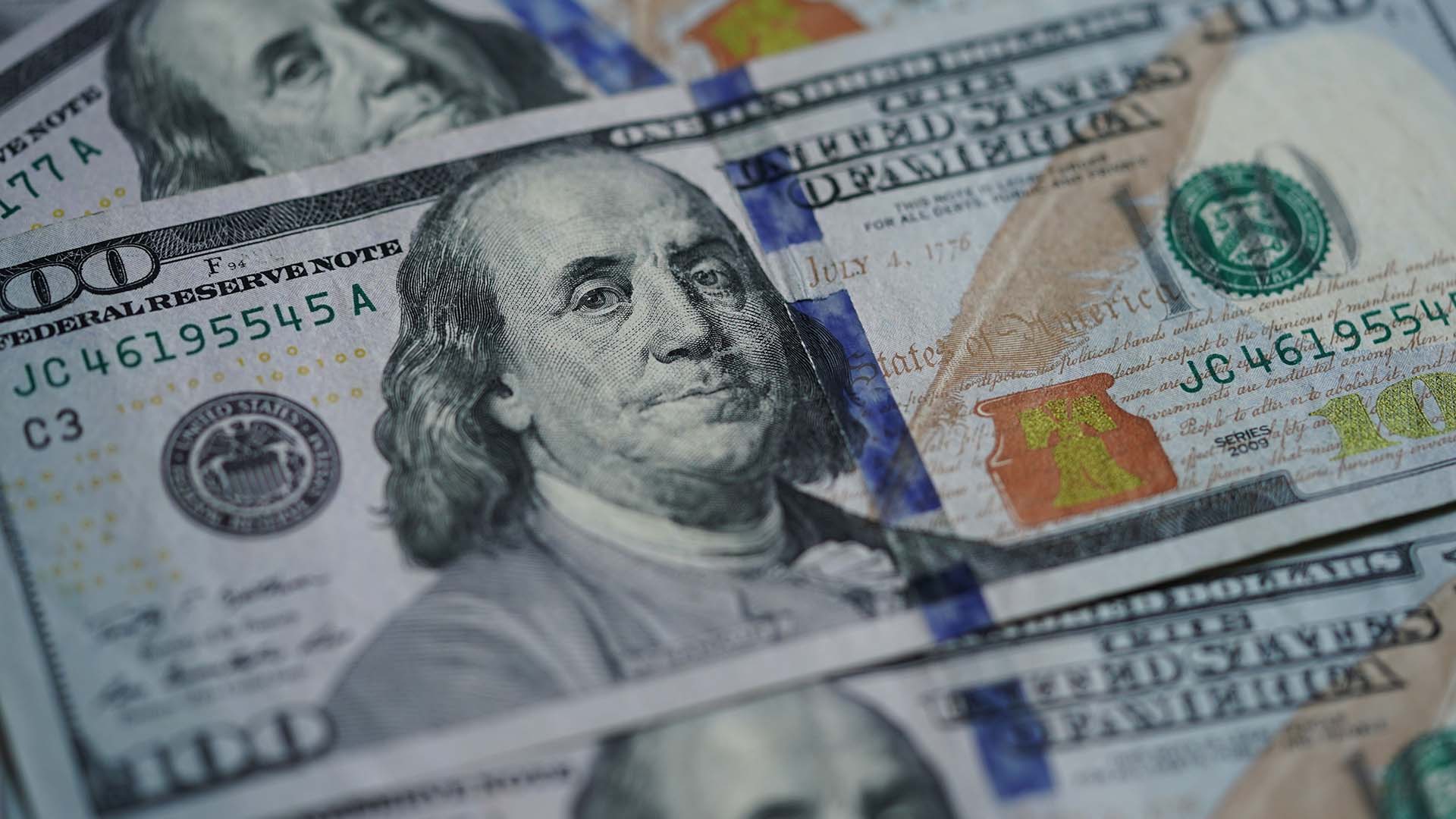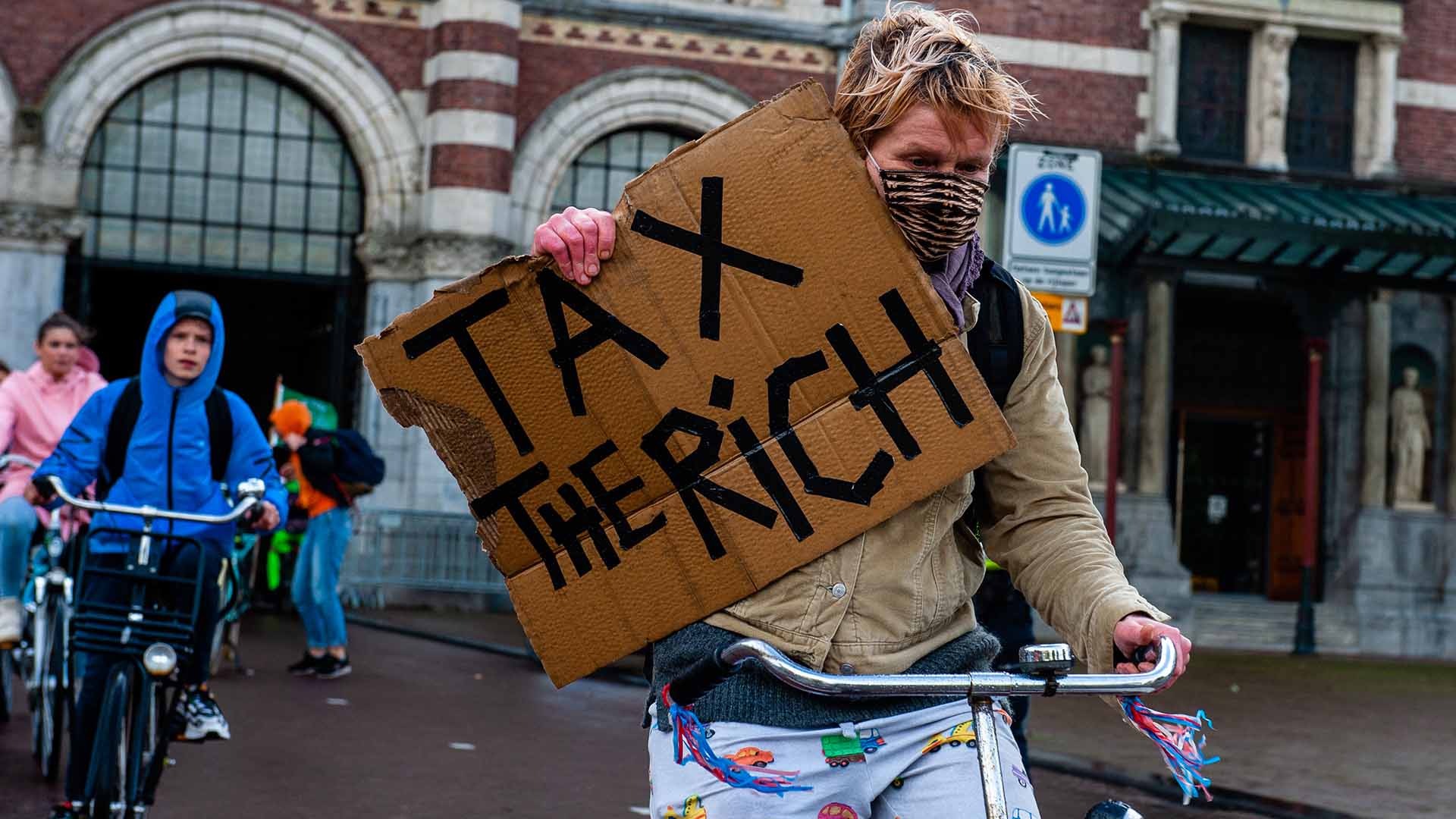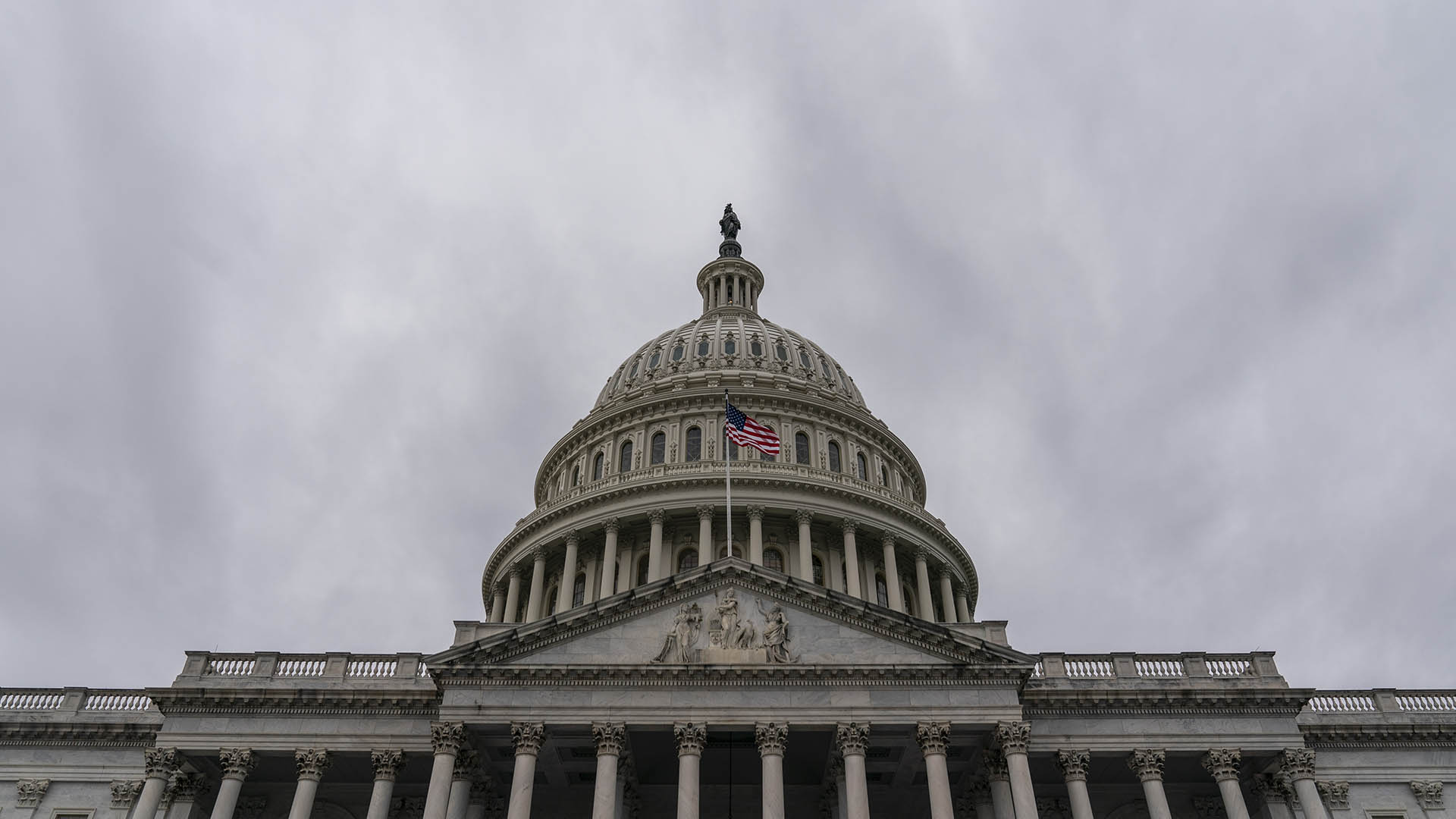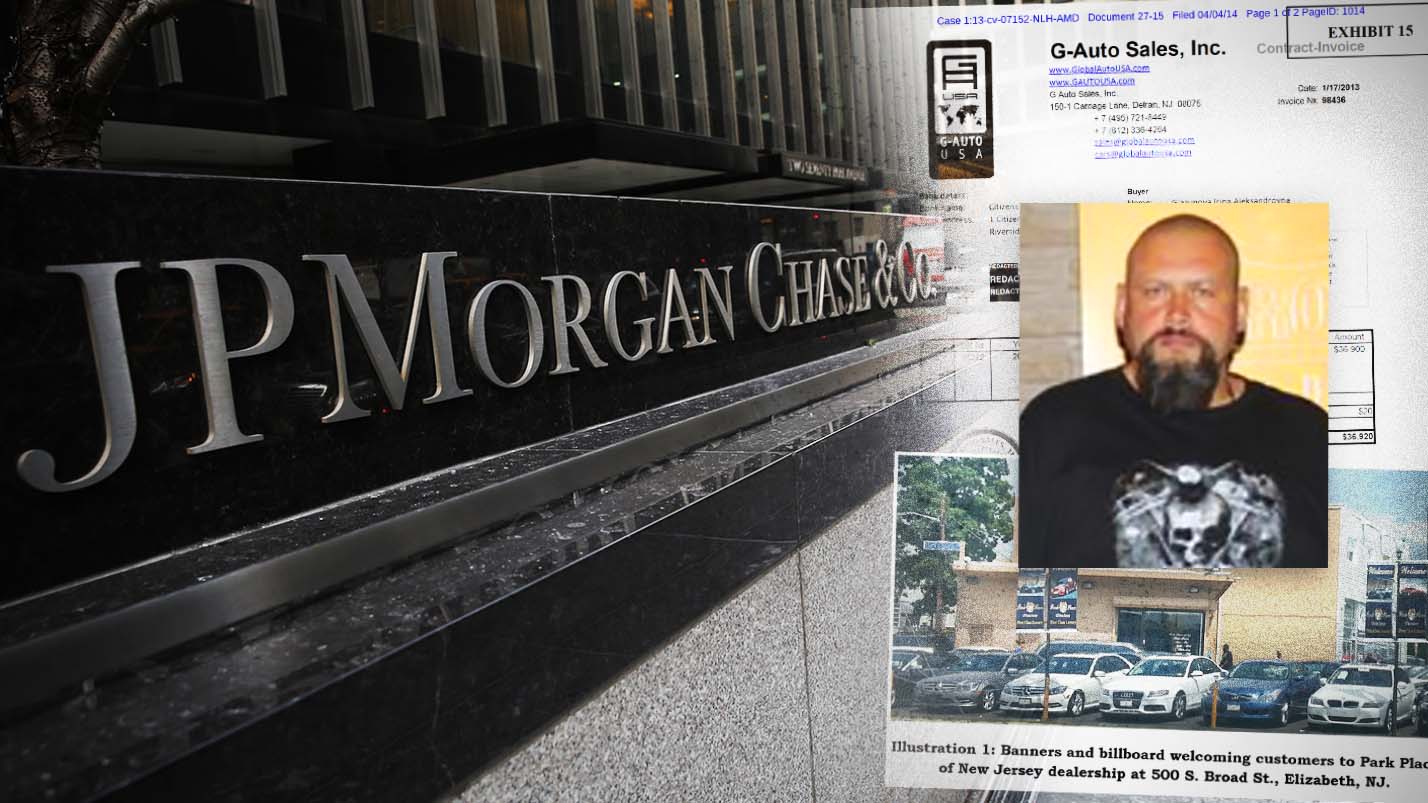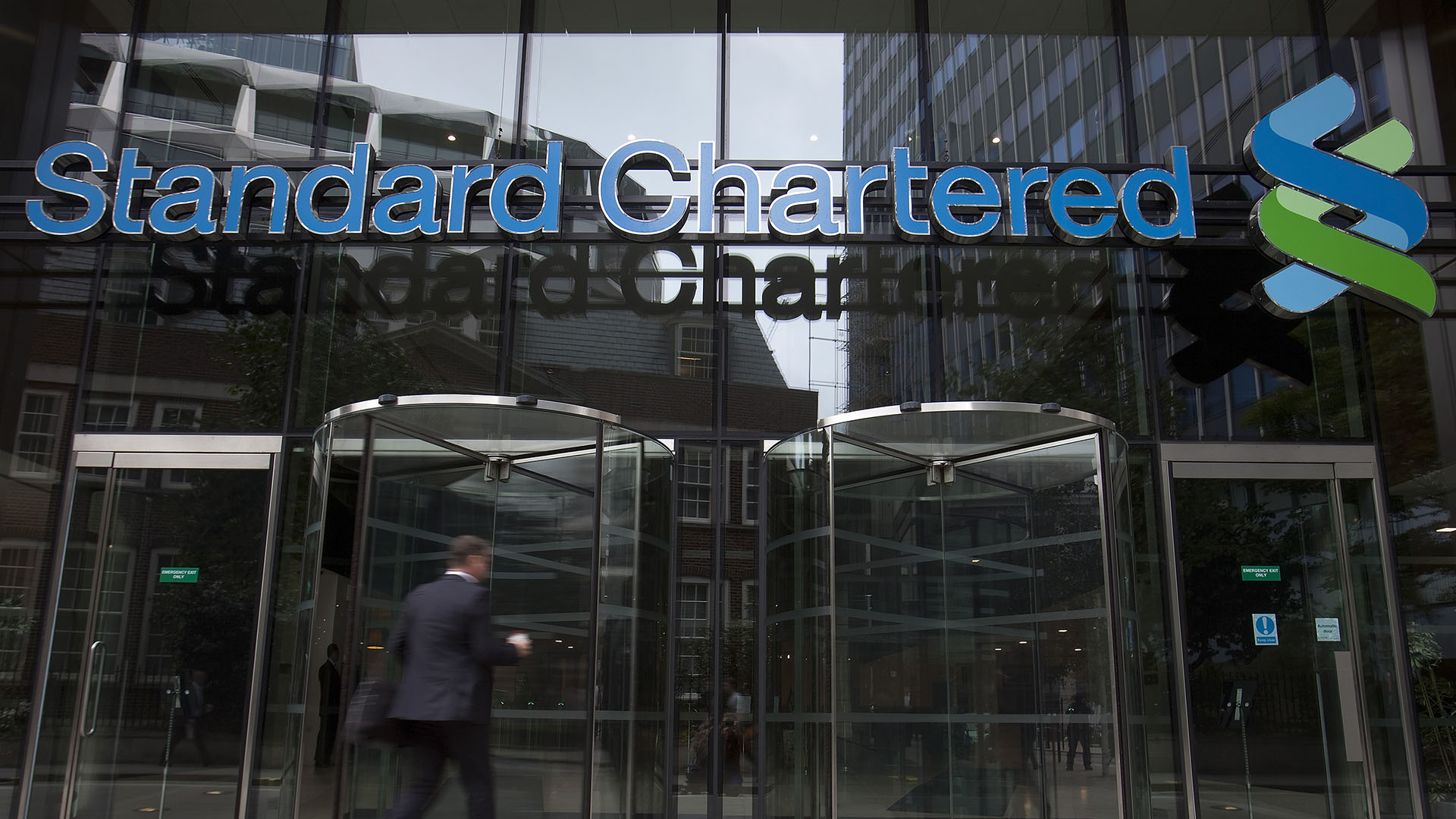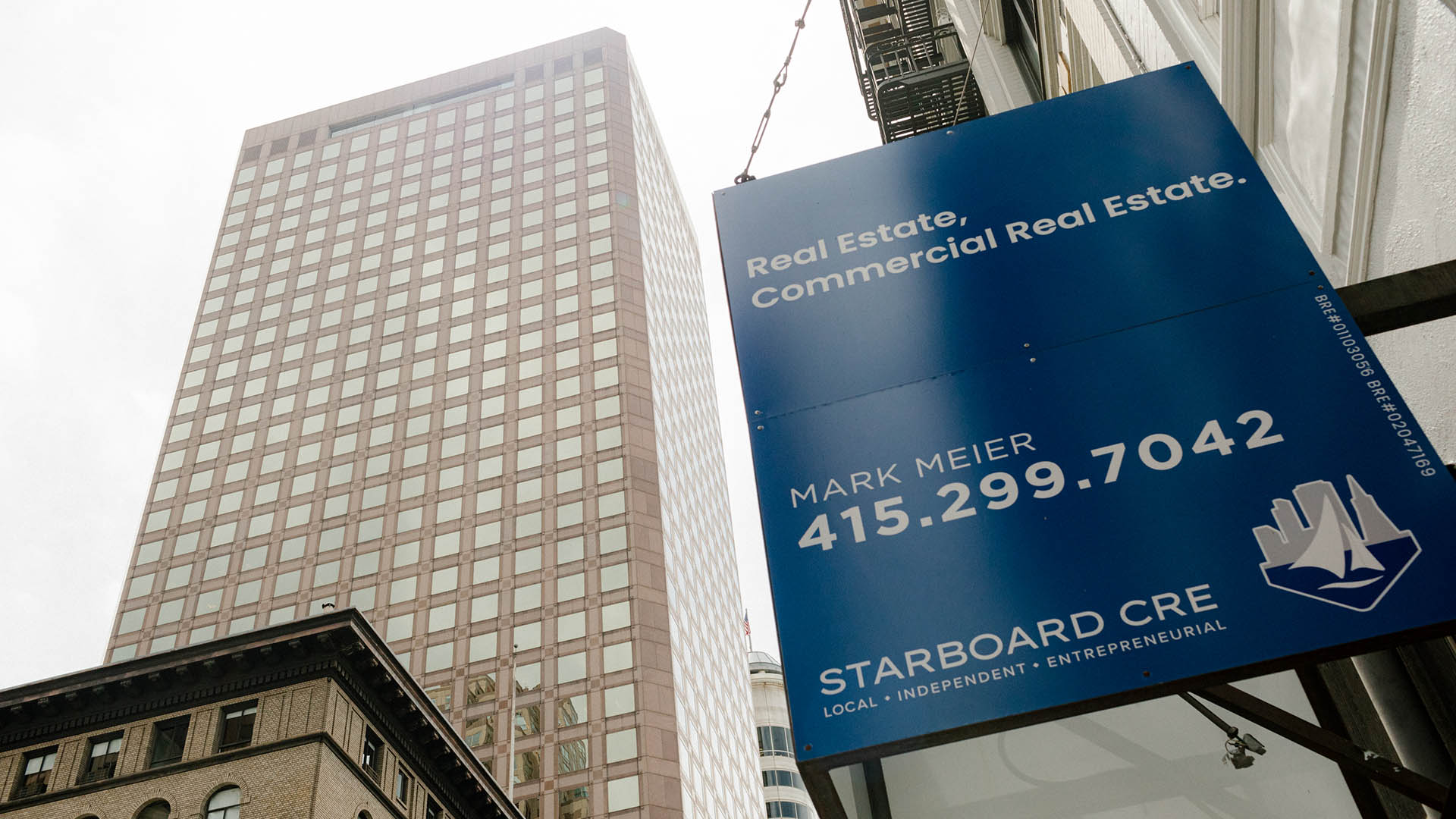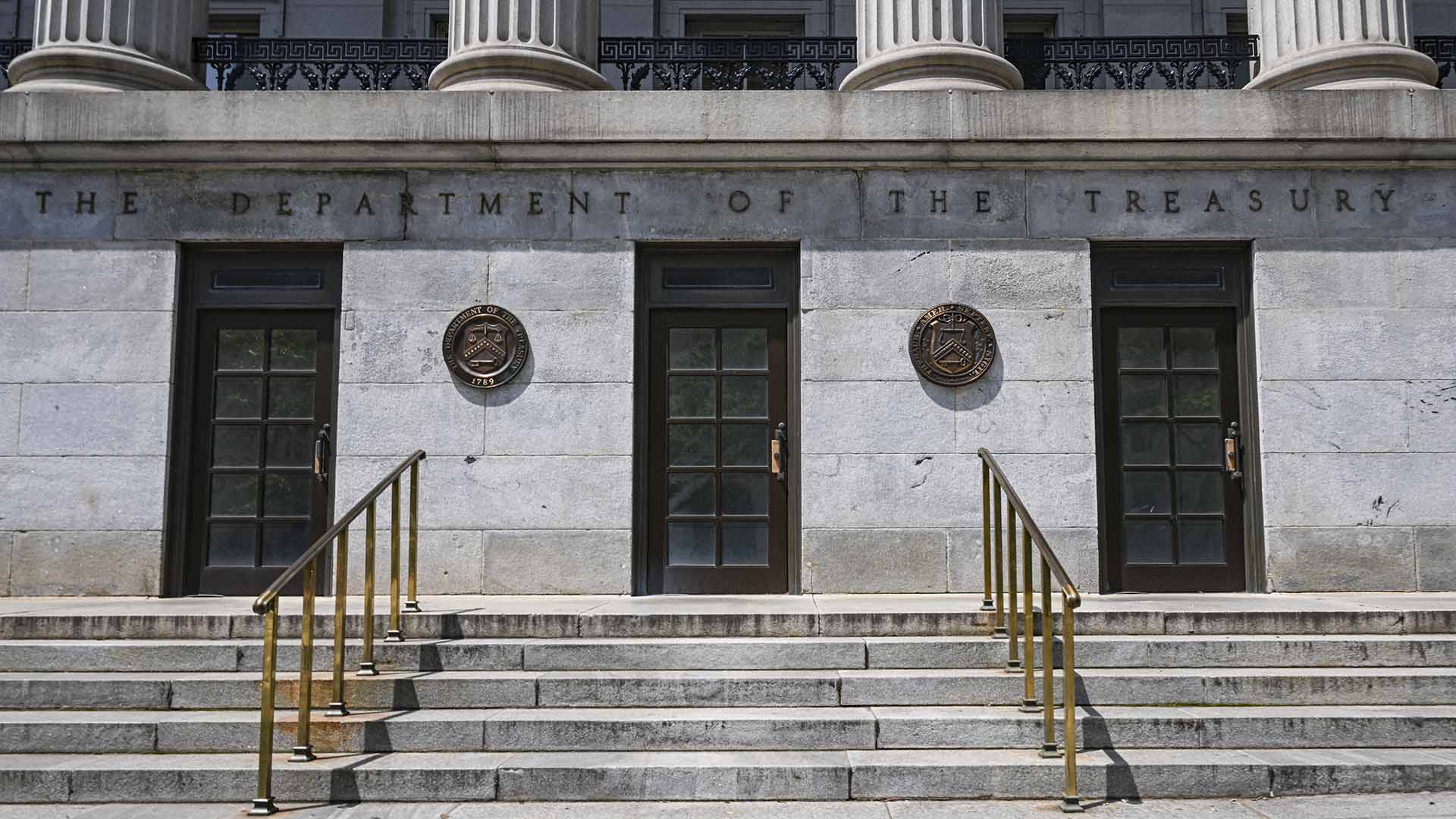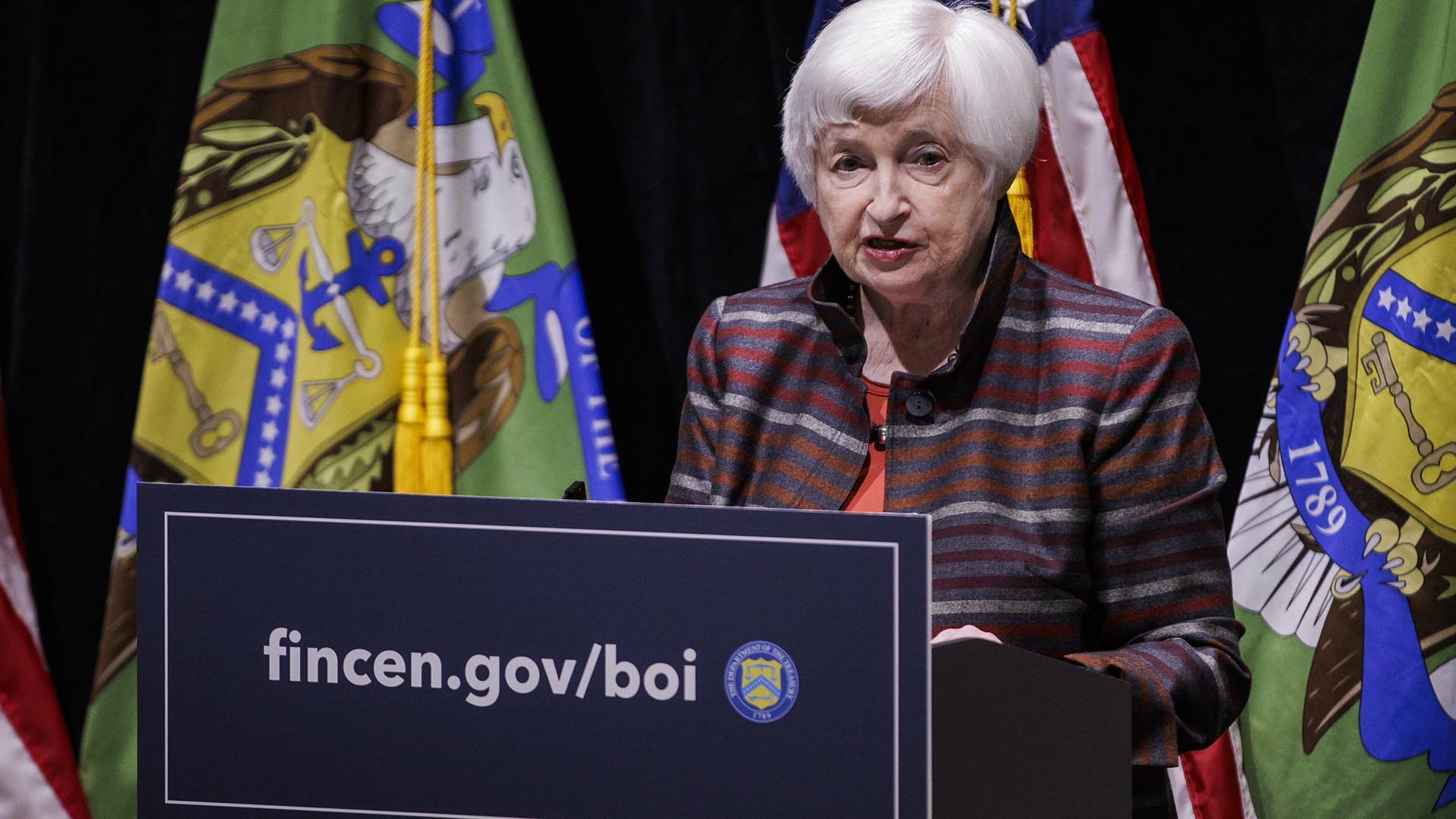Rules that force bankers to do due diligence on their clients should be expanded to cover hedge funds, private equity, lawyers and accountants, according to an advocacy group that wants the United States to re-establish itself as a global leader in the fight against dirty money and corruption.
Global anti-corruption organization Transparency International released a new report Wednesday entitled “Combating Global Corruption: A Bipartisan Plan” — a 21-point agenda for the new U.S. administration to crack down on money laundering and financial secrecy. Recommendations also include increased protections for whistleblowers, clamping down on abuse of “golden visa” programs, and better monitoring and more international cooperation around cross-border financial transactions.
President Joe Biden made fighting illicit finance worldwide a central part of his foreign policy agenda in 2020, even specifically pledging to “end the practice of anonymous shell companies” in a platform posted on his campaign website.
Scott Greytak, Transparency International’s U.S. advocacy director, told ICIJ that the plan was crafted with the help of dozens of experts, including academics, policy makers, and advocacy groups.
“There were a lot of really great ideas that had been pitched and vetted and tire-kicked for years, and then there were some newer ideas that we were really drawn to,” Greytak said. “Combine this set of really good ideas with the fact that we have a political moment now where the Biden administration has made anti-corruption and anti-kleptocracy one of the pillars of its foreign policy, and you get a really good alignment of interests.”
Among the key short-term proposals is expanding the “know your customer” rules that banks currently follow to also apply to hedge funds and the private equity industry, a move that the Treasury Department already has the statutory authority to make.
“Right now, investment advisors, who are the gatekeepers for that money, do not have to perform due diligence on the folks who are giving them that money,” Greytak said. “This is a real loophole for dirty money to be able to go in and out of the U.S. financial system.”
Gary Kalman, the director of Transparency International’s U.S. office, said these rules should eventually be expanded even further to include lawyers and accountants who help create anonymous companies that can be used to facilitate money laundering.
“Once you have beneficial ownership information, we’ll start to know who owns companies in the United States,” Kalman said. “That still doesn’t necessarily tell us the second part of the equation, which is whether or not that person is somebody that the U.S. should be doing business with.”
The plan also includes support for a proposal similar to the Countering Russian and Other Overseas Kleptocracy (CROOK) Act, a bipartisan bill introduced earlier this month in both the Senate and the House of Representatives that would impose additional financial penalties on significant violators of the Foreign Corrupt Practices Act, then use that money to fund programs that fight global corruption.
In addition to putting financial support behind anti-corruption efforts, the proposal recommends that the U.S. “criminalize the demand side of foreign bribery” (going after foreign officials who seek bribes as well as the people and companies that offer them), implement a cross-border transaction database, and attempt to streamline the Mutual Legal Assistance Treaty process (in which countries share information to cooperate on transnational investigations).
In 2020, the United States fell to its lowest position in Transparency International’s Corruption Perception Index rankings since 2012, thanks to a combination of attacks on whistleblowers, lack of oversight into pandemic relief funds, and persistent attempts to undermine the integrity of the 2020 election. Kalman positioned the plan as a way for the United States, as the world’s reserve currency, to re-assert a leadership role in preventing corruption worldwide.
“Most cross-border transactions use U.S. dollars,” Kalman said. “So we have to recognize that our currency and our financial rules have a disproportionate impact on how money is moved around the globe. We have a responsibility to fight corruption and illicit finance because of that.”
He also stressed the importance of understanding that financial corruption has real human consequences and is not just a “paper crime.”
“There’s Russian oligarchs buying up property in Miami,” Kalman said, “driving up prices and chasing out middle-class, moderate- and low-income families. Now there’s shells throughout various neighborhoods in Miami that people can’t buy into, and local businesses are going out [of business] because the dry cleaners and the bodegas don’t actually have anyone living in these buildings, because they’re just being used as bank accounts.”
